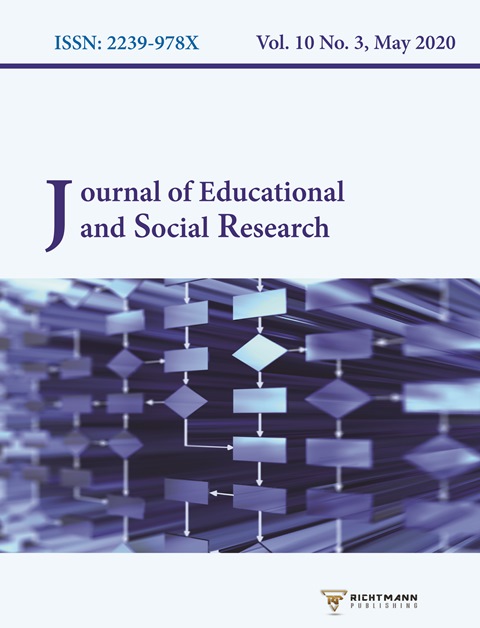The Combined Application of MMPI-2 and OQ-45 to Detect and Measure the Effectiveness of Psychological University Counselling
DOI:
https://doi.org/10.36941/jesr-2020-0041Abstract
The main aim of the present study concerns the analysis of the evolution of psychological distress during university counselling treatment, taking into account the initial mental health conditions of the students involved by means of standardized clinical measures. During a preliminary interview, we collected socio-demographic information, academic problems and health conditions of 110 university students who had requested psychological counselling. We applied the MMPI-2 questionnaire prior to the treatment, and we detected the evolution of distress by administering the OQ-45 scale at pre-treatment, post-treatment and 3-months follow-up. Results indicate that all OQ-45 dimensions register a statistically significative reduction during the counselling treatment. Moreover, the high correlations between the OQ-45 scale and MMPI-2 questionnaire underline the consistency of the evolution of OQ-45 scores starting from the valid initial mental health assessment carried out by the MMPI. In addition, we explored the predictive role of MMPI-2 dimensions on the OQ-45 scale: only the Psychopathic Deviation (PD) dimension appeared predictive of the positive evolution of the treatment. This is relevant considering a non-clinical sample of university students in which social maladjustment, self-alienation, and social alienation can represent a real high risk for academic success. In conclusion, data analysis shows the appropriateness of the combined use of MMPI-2 and OQ-45 questionnaires in psychological counselling in the academic setting to evaluate, firstly, the validity of the individual clinical profile and, consequently, the response to the treatment offered.
Downloads
Downloads
Published
Issue
Section
License
This work is licensed under a Creative Commons Attribution-NonCommercial 4.0 International License.









